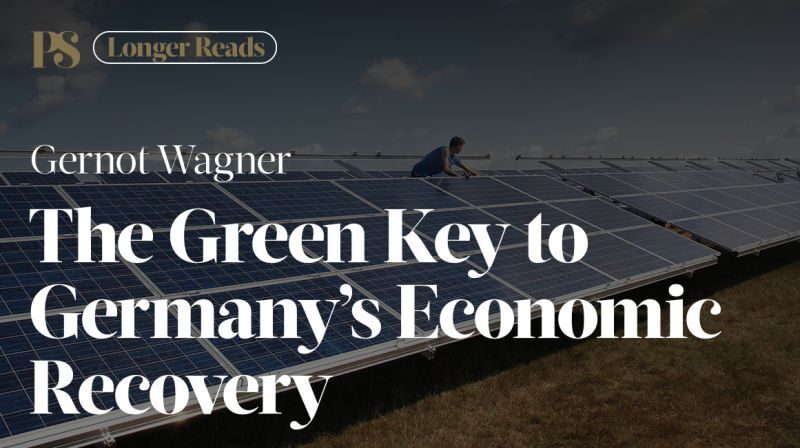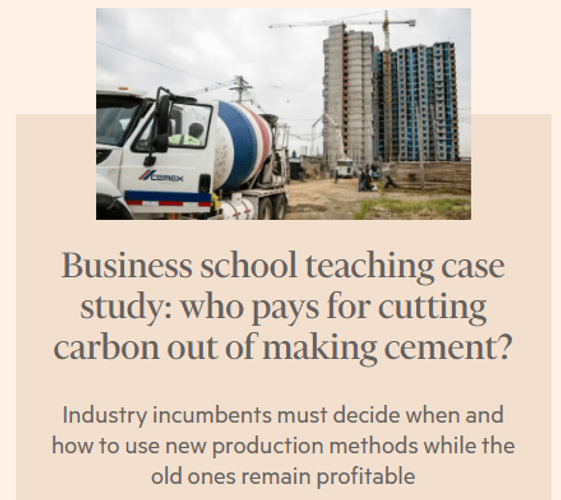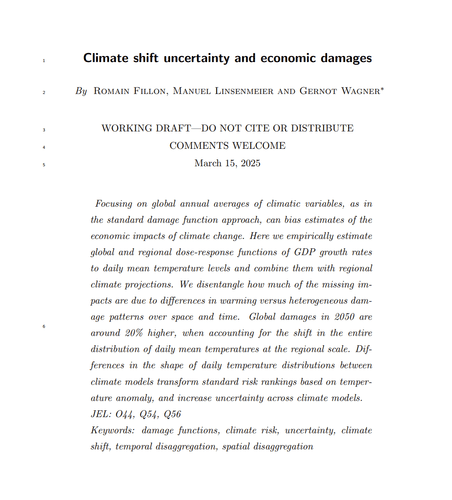Climate Policy—Past, Present, and Future
Fall 2018
ESPP 90z Junior Seminar
Taught in Fall 2016, 2017, 2018
Received Harvard University Certificate of Teaching Excellence all three years
What’s the optimal way to curb carbon emissions? Should we price fossil or subsidize low-carbon energy? What’s the role of solar geoengineering? What should it be? What will it be?
The course has two goals: to provide a set of tools to approach these and many other fundamental climate policy questions, and to help us distinguish positive (“what will be”) from normative (“what should be”) analysis. Economics and political economy provide particularly powerful lenses through which to analyze climate policy—past, present, and future.
Many questions discussed don’t have a clear answer. Come prepared to argue both sides of each issue in class. Student-led debates, semi-regular 800-word essays, and the research paper will reinforce class discussions. They will also ask you to pick a side. Think Economist leader: crisp, logical, and always with a point of view. By the end of the course, you will be well prepared to apply fundamental economic and political economy tools to a host of climate questions, and to do so without fear, favor, or jargon.


